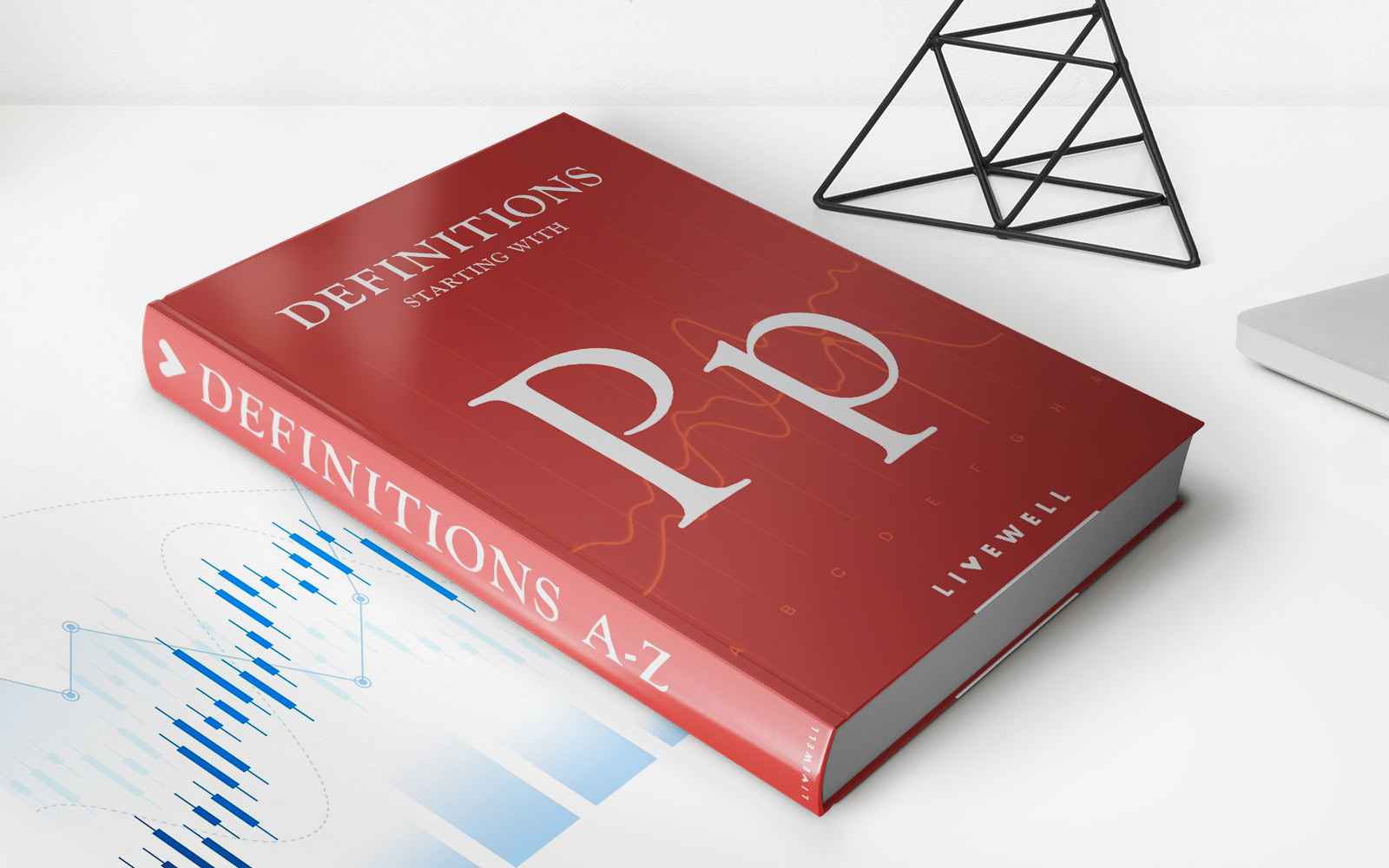Home>Finance>Lifetime Cost: Definition, Examples, And How To Calculate


Finance
Lifetime Cost: Definition, Examples, And How To Calculate
Published: December 18, 2023
Learn everything you need to know about the lifetime cost in finance, including its definition, examples, and step-by-step calculation guide.
(Many of the links in this article redirect to a specific reviewed product. Your purchase of these products through affiliate links helps to generate commission for LiveWell, at no extra cost. Learn more)
Lifetime Cost: Definition, Examples, and How to Calculate
Welcome to our “Finance” blog category, where we dive deep into various topics related to personal finance, budgeting, and investments. In this blog post, we’ll be exploring the concept of lifetime cost and how it can impact your financial planning. Whether you’re saving for a big purchase or trying to make smarter spending decisions, understanding lifetime cost is essential. So, let’s get started!
Key Takeaways:
- Lifetime cost represents the total expense incurred over the lifespan of a particular item or financial commitment.
- Calculating lifetime cost allows you to make more informed decisions and prioritize your financial goals.
What is Lifetime Cost?
Have you ever wondered how much that new car, appliance, or even a pet may cost you over its entire lifespan? That’s where the concept of lifetime cost comes in. Lifetime cost refers to the total amount of money you can expect to spend on a specific item or commitment over its useful life.
Understanding the lifetime cost of a purchase or commitment is crucial as it helps you evaluate the long-term financial impact, make informed decisions, and adjust your budget accordingly. By considering lifetime cost, you can avoid overspending, prioritize your expenses, and save for the future more effectively.
Examples of Lifetime Cost:
To better understand the concept, let’s explore a few examples of lifetime cost:
- Vehicle Ownership: Buying a car not only involves the initial purchase price but also includes various expenses, such as fuel costs, maintenance, insurance, and repairs. Calculating the lifetime cost of owning a vehicle can give you a better estimate of how much you’ll need to budget for these ongoing expenses.
- Home Ownership: When you buy a house, there are numerous costs beyond the mortgage payments. Property taxes, homeowner’s insurance, maintenance, and renovations are all part of the lifetime cost of owning a home. Understanding these expenses helps you plan your finances accordingly.
- Education Expenses: Pursuing higher education can be a significant investment. Beyond tuition fees, there are textbooks, housing, transportation, and other related costs. Calculating the lifetime cost of your education can help you determine if it’s a sound financial decision and plan for any potential student loans or other funding sources.
How to Calculate Lifetime Cost:
Calculating lifetime cost involves taking into account both the upfront expenses and the ongoing costs associated with a particular item or commitment. Here’s a general formula you can use as a starting point:
- Identify and list all the relevant expense categories related to the item or commitment.
- Estimate the average yearly costs for each category.
- Multiply the average yearly cost of each category by the expected useful life of the item or commitment (in years).
- Sum up all the yearly costs to obtain the total lifetime cost.
While this formula provides a basic approach, keep in mind that the accuracy of your calculations depends on the quality of the data and estimates you use. In more complex scenarios, such as investments or businesses, it may be beneficial to seek professional advice.
In Conclusion:
Understanding the concept of lifetime cost is crucial in making sound financial decisions. By considering the total expense over an item’s lifespan, you can evaluate its affordability, prioritize spending, and plan for the future more effectively. Whether you’re looking to buy a new car, invest in education, or make any significant financial commitment, calculating the lifetime cost will aid you in making informed choices.
Key Takeaways:
- Lifetime cost refers to the total expense incurred over the lifespan of a particular item or financial commitment.
- Calculating lifetime cost allows you to make more informed decisions and prioritize your financial goals.
We hope this blog post has provided valuable insights into the concept of lifetime cost. Stay tuned for more finance-related content in our “Finance” blog category!














